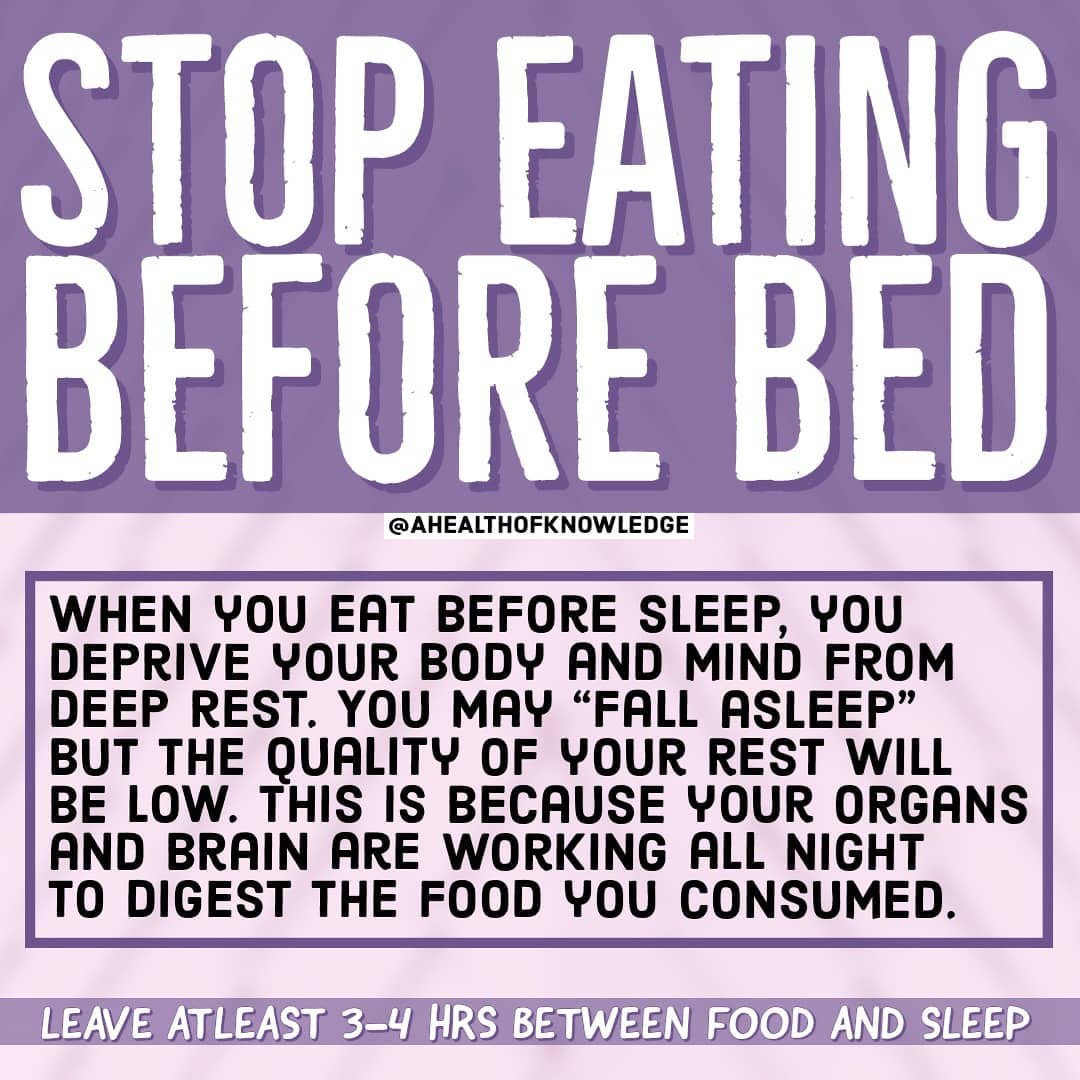
YOU WILL EXPERIENCE DEEPER SLEEP WITH ENHANCED DREAMS IF YOU ALLOW YOUR BODY AND MIND TO REST AND REPAIR IN PEACE
The Impact of Late-Night Eating on Sleep Quality: A Scientific Perspective
Sleep is a fundamental aspect of human health, influencing cognitive function, metabolism, and overall well-being. However, various lifestyle habits can disrupt sleep patterns, one of which is eating before bedtime. Many people consume late-night snacks or meals without realizing the potential impact on their sleep quality. This article explores the scientific evidence on how eating before sleep affects restfulness and the body’s ability to recover overnight.
The Relationship Between Late-Night Eating and Sleep
Scientific studies suggest that eating late at night can negatively influence sleep quality in several ways:
- Disruption of Circadian Rhythms The human body follows a natural biological clock known as the circadian rhythm, which regulates sleep and metabolic processes. Eating late at night can interfere with this rhythm by signaling wakefulness to the body when it should be preparing for rest. Research published in the journal Cell Metabolism indicates that food intake at inappropriate times can shift the body’s internal clock, leading to sleep disturbances.
- Increase in Acid Reflux and Indigestion Consuming food before bed, particularly high-fat or spicy meals, can increase the likelihood of acid reflux and indigestion. The National Institute of Diabetes and Digestive and Kidney Diseases (NIDDK) states that lying down immediately after eating can cause stomach acid to travel up the esophagus, resulting in discomfort and disrupted sleep.
- Effects on Metabolism and Hormones Eating late at night affects the release of hormones such as melatonin and insulin. Melatonin, which promotes sleep, may be suppressed when food is consumed late, while insulin spikes can lead to fluctuations in blood sugar levels that may cause nighttime awakenings. A study in the American Journal of Clinical Nutrition found that individuals who eat late at night have reduced levels of deep sleep compared to those who finish eating earlier in the evening.
- Impact on REM Sleep and Dream Activity Certain types of food, such as those high in sugar or caffeine, can disrupt rapid eye movement (REM) sleep. REM sleep is crucial for cognitive function and emotional regulation. A study in Frontiers in Psychology suggests that late-night consumption of high-energy foods can lead to more vivid and potentially disturbing dreams, reducing overall sleep quality.
Scientific Recommendations for Better Sleep
To improve sleep quality and overall health, experts recommend the following strategies:
- Avoid Eating at Least Two to Three Hours Before Bedtime: This allows the body adequate time to digest food and stabilize metabolic processes before sleep.
- Choose Light, Sleep-Promoting Snacks if Necessary: If hunger is unavoidable, opt for foods like bananas, almonds, or yogurt, which contain sleep-enhancing nutrients such as magnesium and tryptophan.
- Maintain a Consistent Eating Schedule: Aligning meal times with the body’s natural circadian rhythm can improve sleep patterns and metabolic health.
- Reduce Caffeine and Sugar Intake in the Evening: Stimulants can delay sleep onset and reduce sleep efficiency.
Scientific research highlights the negative impact of late-night eating on sleep quality. Disruptions in circadian rhythms, increased acid reflux, hormonal imbalances, and reduced REM sleep are all associated with consuming food before bed. By adopting healthier eating habits, individuals can enhance their sleep quality, wake up feeling more refreshed, and support long-term well-being. Avoiding late-night meals is a simple yet effective strategy for achieving better rest and overall health.